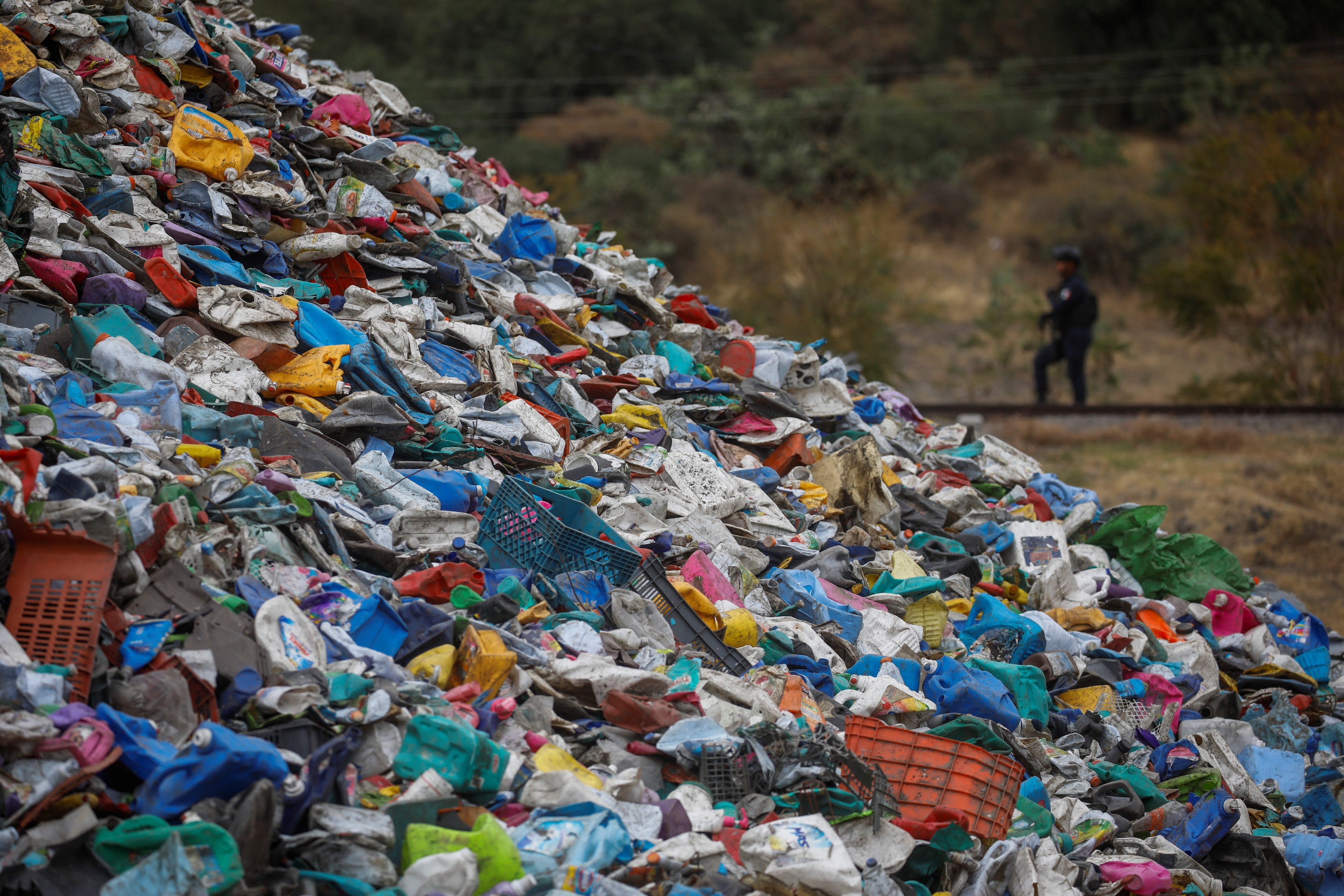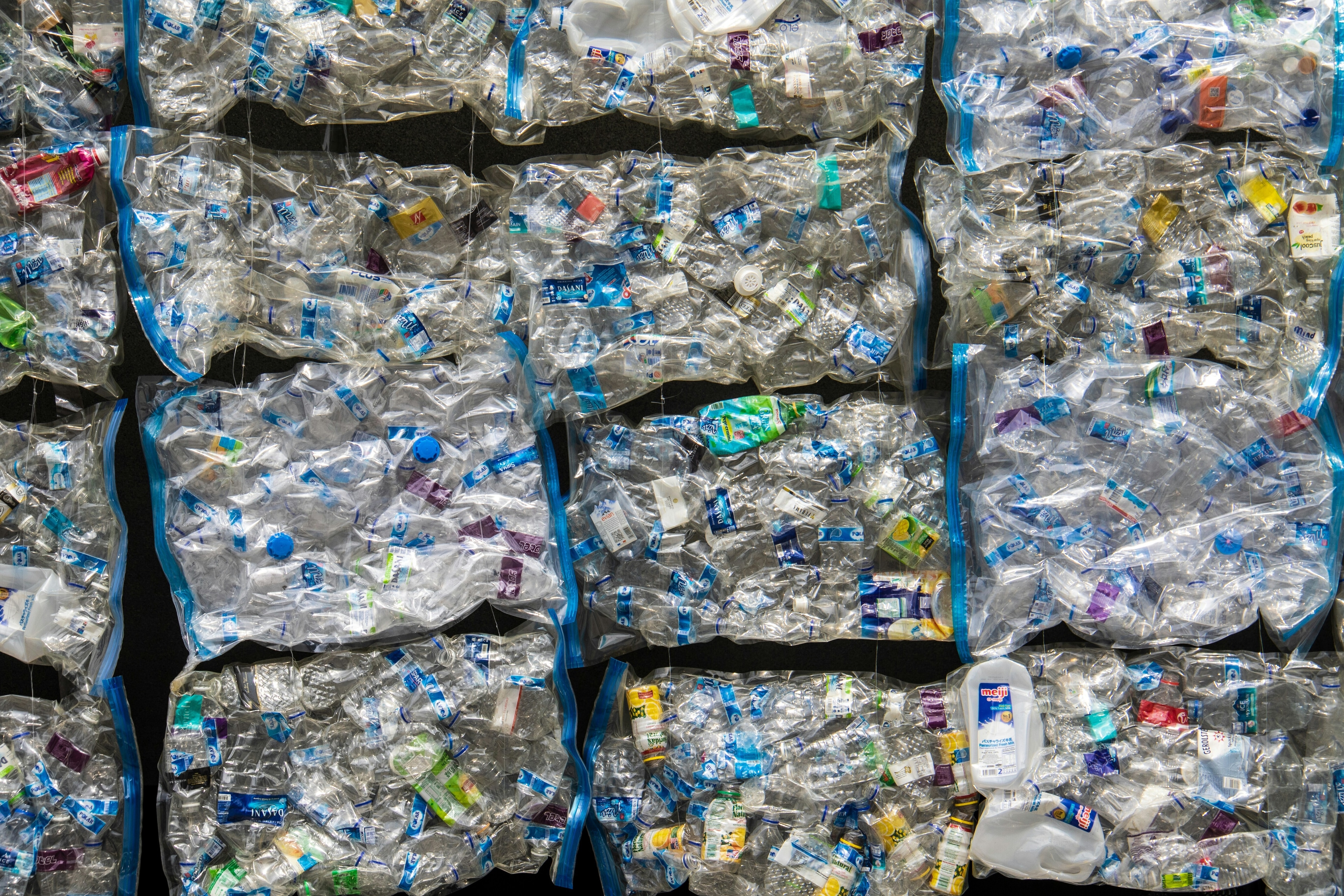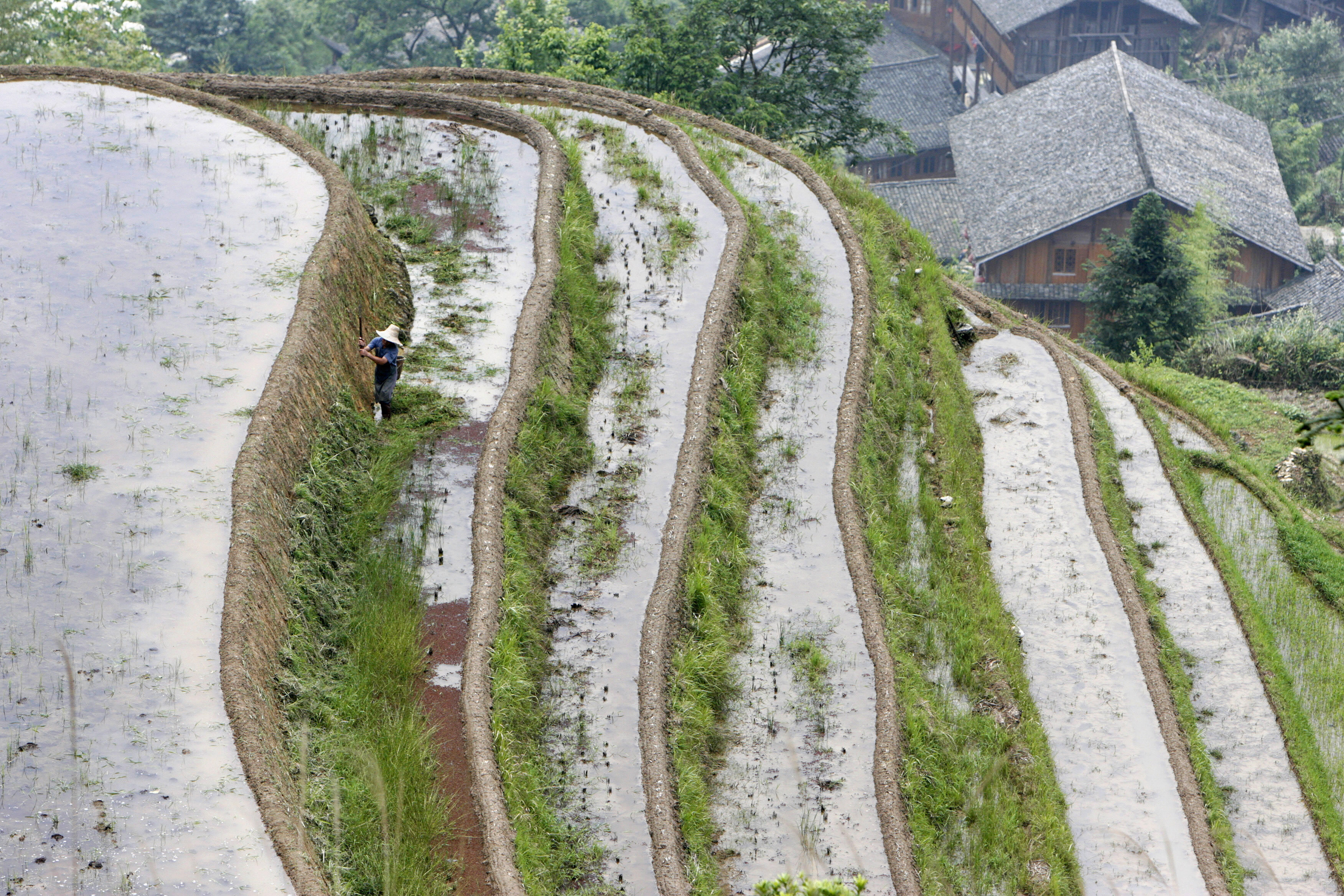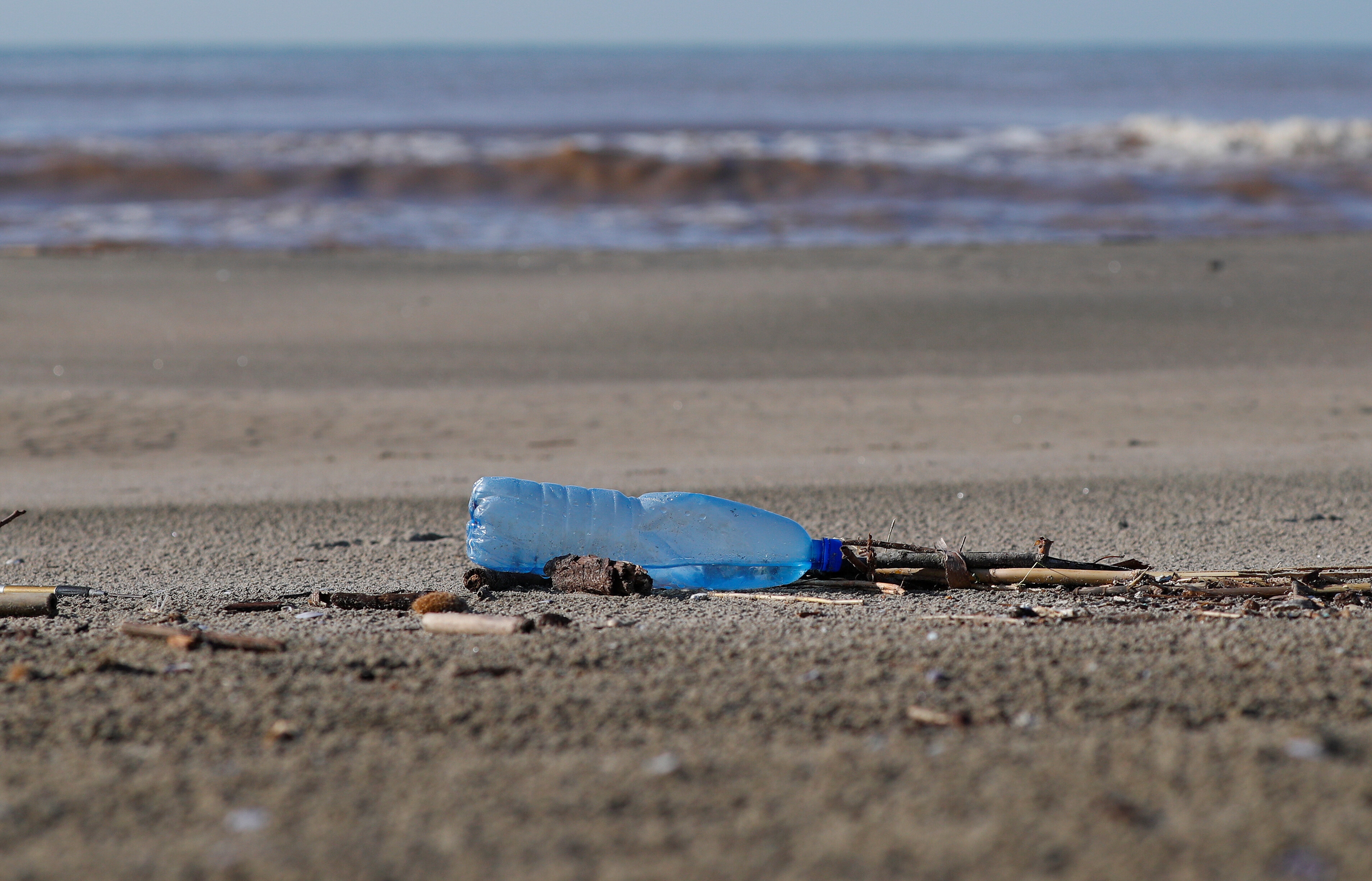After taking on plastic, Bali sisters want bar raised on climate action
Melati Wijsen and her sister Isabel started campaigning at only 12 and 10.
Image: Reuters
Stay up to date:
Beyond the ocean
- Two Balinese sisters are looking to battle climate change, after successfully campaigning against plastic pollution.
- The Bye Bye Plastic Bags campaign has grown internationally, with Bali leading the way in Indonesia banning single-use plastic bags.
- The Southeast Asian country has recently unveiled a plan to cut marine plastic debris by 70% within five years.
Dismayed by the plastic waste strewn over their home island of Bali, sisters Melati and Isabel Wijsen have channelled Ted Talks and international conferences in raising global awareness through a youth-led movement to try to eliminate the scourge.
It was not “rocket science,” said Melati, 19, of the plastic waste problem that prompted the sisters to set up their “Bye Bye Plastic Bags” initiative seven years ago.
The campaign has grown internationally, with Bali leading the way in Indonesia banning single-use plastic bags.
The sisters aren’t resting on their laurels, however. Tackling climate change is now among the world’s most pressing issues, they say.
“We know the urgency, we have to take action now,” said Melati, speaking from their home surrounded by paddy fields.
“We need to see the bar set a lot higher and a lot sooner,” she said, calling on policymakers to take swift action.
Melati’s activism started when she was only 12 years old and her sister even younger at 10. They have since garnered global attention, speaking at international conferences including setting out their ideas in a Ted Talk.
The sisters say they were inspired by figures such as Nelson Mandela, Princess Diana, and Mahatma Ghandi when at school.
Growing up on the tropical island famed for its beaches and temples, they were disconcerted by the plastic waste everywhere.
“Sadly...we could see that no matter where we went there was plastic constantly surrounding us,” Melati said.
Indonesia, an archipelago of more than 17,000 islands, is estimated to be the world’s second-largest contributor of plastic pollutants in the oceans after China, according to a 2015 study published in Science journal.
How UpLink is helping to find innovations to solve challenges like this
The Southeast Asian country this year unveiled a plan to cut marine plastic debris by 70 percent within five years and to be plastic pollution-free by 2040.
But for the sisters measures on the environment are often too slow and reinforces the need for the young to take action.
“We believe that us kids may only be 25 percent of the world’s population, but we are 100 percent of the future,” said Isabel.
Accept our marketing cookies to access this content.
These cookies are currently disabled in your browser.
Accept our marketing cookies to access this content.
These cookies are currently disabled in your browser.
Accept our marketing cookies to access this content.
These cookies are currently disabled in your browser.
Don't miss any update on this topic
Create a free account and access your personalized content collection with our latest publications and analyses.
License and Republishing
World Economic Forum articles may be republished in accordance with the Creative Commons Attribution-NonCommercial-NoDerivatives 4.0 International Public License, and in accordance with our Terms of Use.
The views expressed in this article are those of the author alone and not the World Economic Forum.
Related topics:
Forum Stories newsletter
Bringing you weekly curated insights and analysis on the global issues that matter.
More on Nature and BiodiversitySee all
Pedro Gomez and Clemence Schmid
August 6, 2025
Tom Crowfoot
August 5, 2025
Hu Xiangdong and Felipe Carazo
August 1, 2025
Andrea Willige
July 30, 2025




